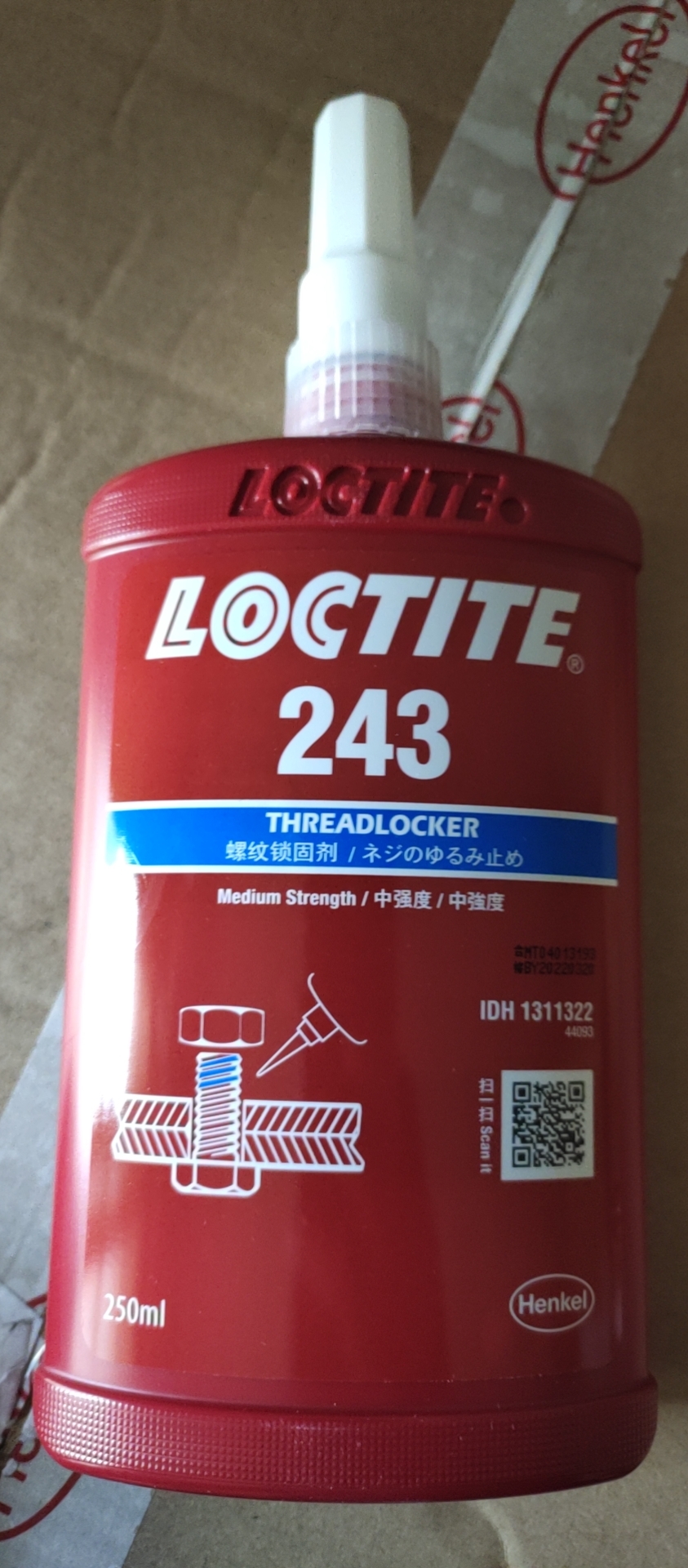In recent years, laundry pods have surged in popularity, offering a convenient and mess-free alternative to traditional liquid or powder detergents. However, while they may seem like a modern solution to laundry woes, there are several disadvantages associated with their use that consumers should be aware of. This article delves into the potential drawbacks of laundry pods, providing a comprehensive overview of their implications for both users and the environment.
- Safety Concerns: A Growing Issue
One of the most pressing disadvantages of laundry pods is their safety risk, particularly for households with children or pets. The colorful, gelatinous capsules can easily be mistaken for candy or toys, leading to accidental ingestion. According to the American Association of Poison Control Centers, thousands of children have been exposed to laundry pods, resulting in serious health complications. Symptoms of ingestion can range from mild gastrointestinal distress to severe respiratory issues, necessitating immediate medical attention.
- Environmental Impact: A Double-Edged Sword
While laundry pods are marketed as a convenient and efficient way to do laundry, their environmental impact is often overlooked. Many pods are packaged in single-use plastic, contributing to the growing problem of plastic waste. Furthermore, the chemical composition of some laundry pods can be harmful to aquatic life when they enter waterways through wastewater systems. The surfactants and phosphates found in certain formulations can disrupt ecosystems, leading to algal blooms and the depletion of oxygen in water bodies.
- Cost Considerations: Are They Worth It?
Laundry pods tend to be more expensive per load compared to traditional detergents. While the convenience factor is undeniable, consumers should consider whether the added cost aligns with their budget and laundry habits. For families with large laundry loads or those who wash frequently, the cumulative expense of using pods can be significant. Additionally, some users may find that they require more than one pod for heavily soiled items, further increasing costs.
- Ineffective Cleaning for Certain Fabrics
Another disadvantage of laundry pods is their potential ineffectiveness on certain fabrics or heavily stained items. While they are designed to dissolve in water, there are instances where the pod may not fully dissolve, particularly in cold water washes. This can lead to residue being left on clothing, which not only affects the cleanliness of the garments but can also cause discoloration or damage to delicate fabrics. For those with specific laundry needs, such as washing sports gear or heavily soiled work clothes, traditional detergents may provide a more tailored solution.
- Limited Customization of Dosage
Laundry pods come pre-measured, which can be both a blessing and a curse. While this feature eliminates the guesswork involved in measuring out liquid or powder detergent, it also restricts users' ability to customize their detergent dosage based on load size or soil level. For instance, a small load of lightly soiled clothes may only require half a pod, but users are forced to use a full pod, leading to waste and unnecessary expense.
- Potential for Allergic Reactions
The concentrated formulas in laundry pods can also pose a risk for individuals with sensitive skin or allergies. Many pods contain a variety of chemicals, fragrances, and dyes that can trigger allergic reactions or skin irritations. For those with eczema or other skin conditions, the use of laundry pods may exacerbate symptoms, leading to discomfort and the need for additional skincare products.
Conclusion: Weighing the Pros and Cons
While laundry pods offer undeniable convenience and ease of use, it is crucial for consumers to weigh these benefits against the potential disadvantages. From safety concerns and environmental impact to cost considerations and effectiveness, understanding the full scope of laundry pods can help users make informed decisions about their laundry practices.

